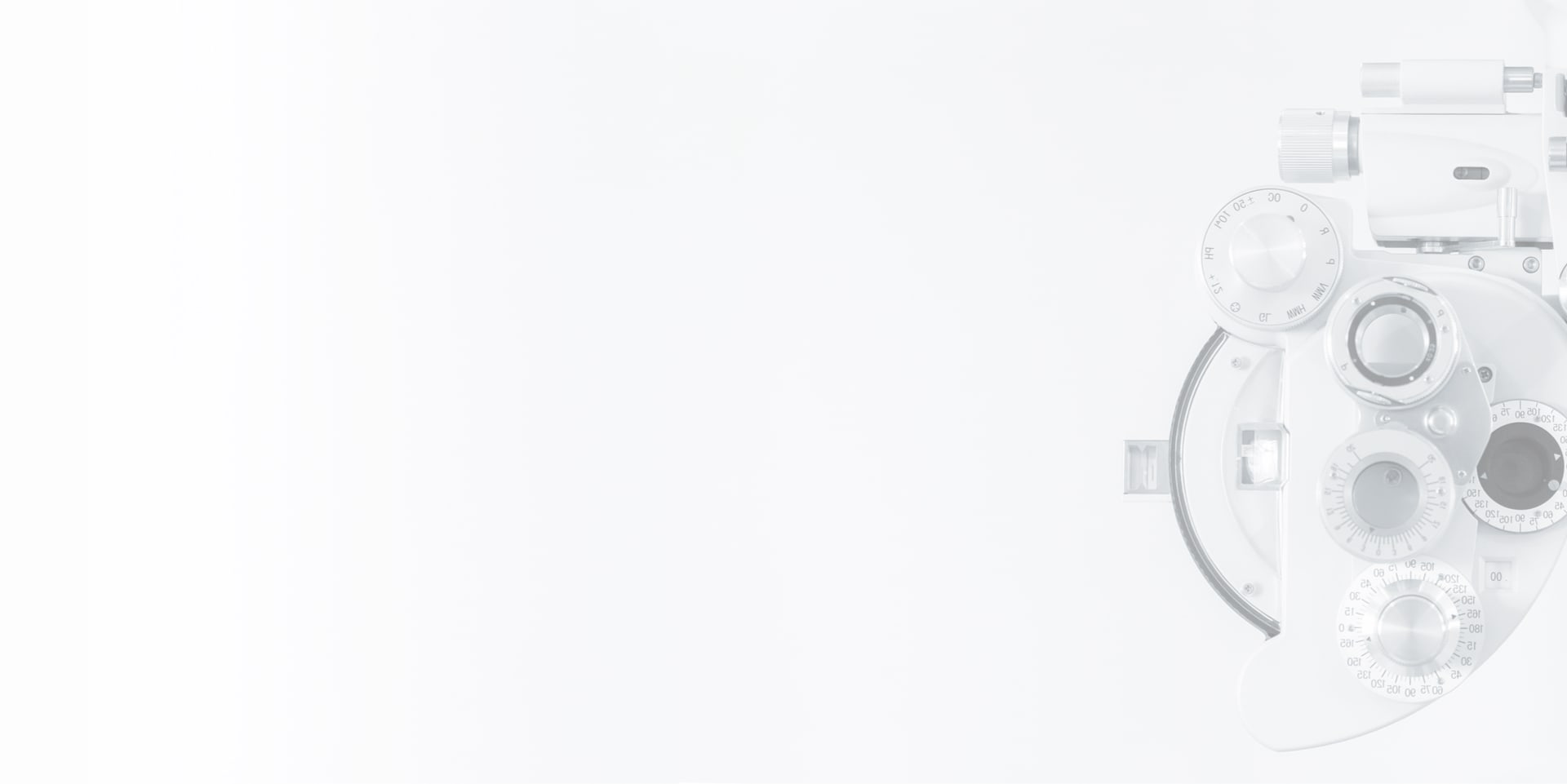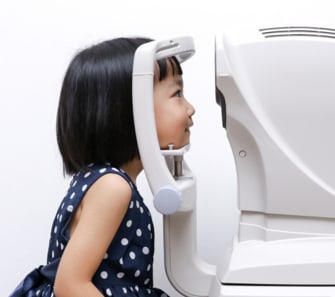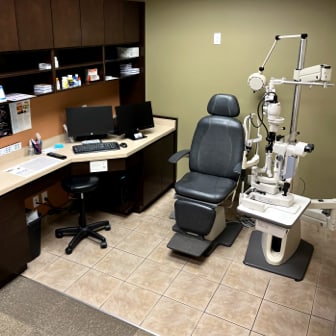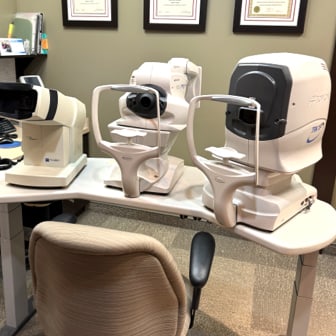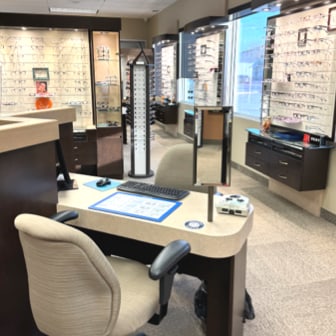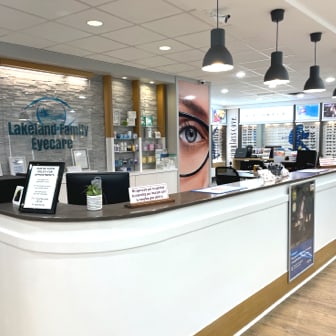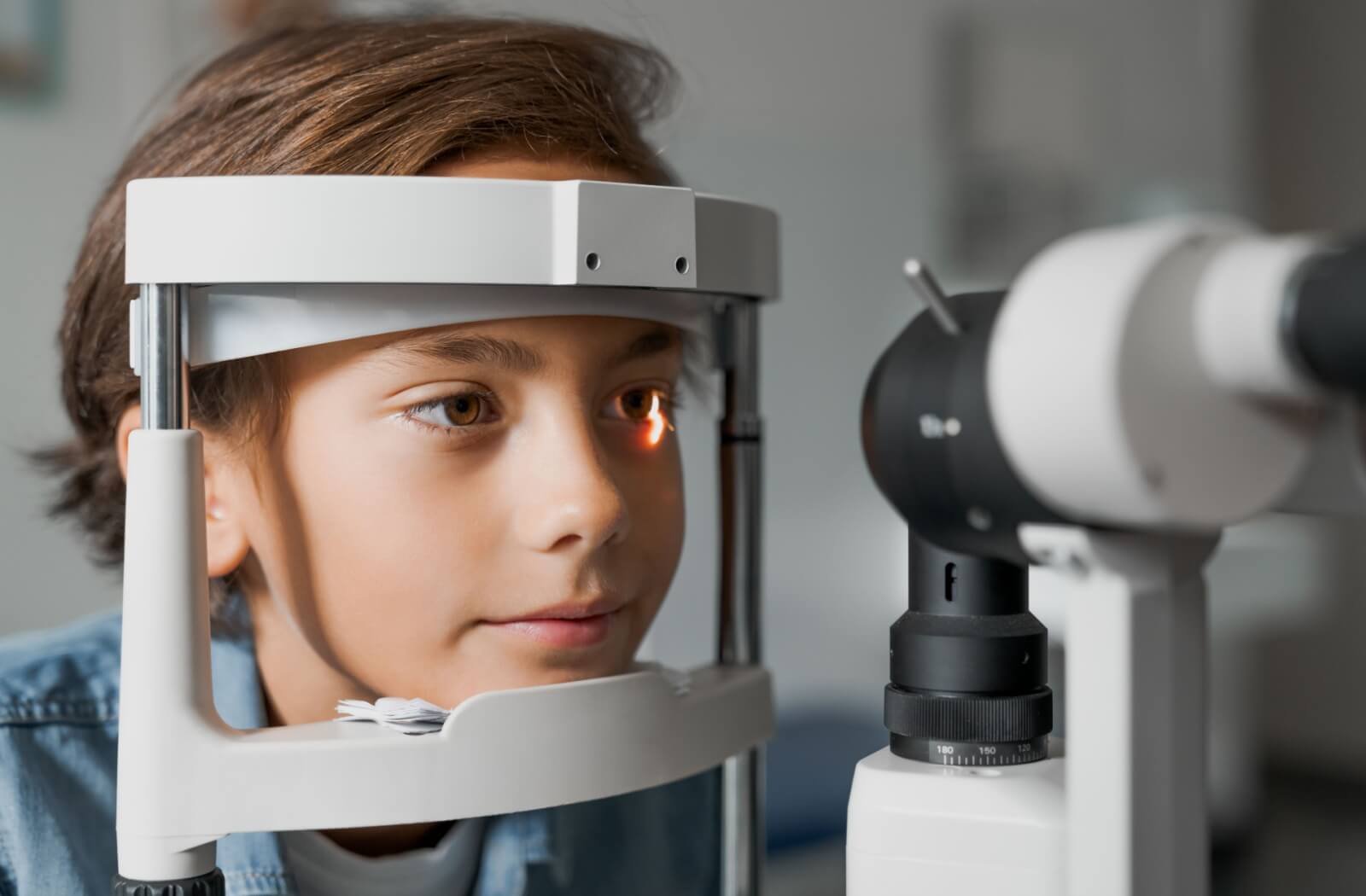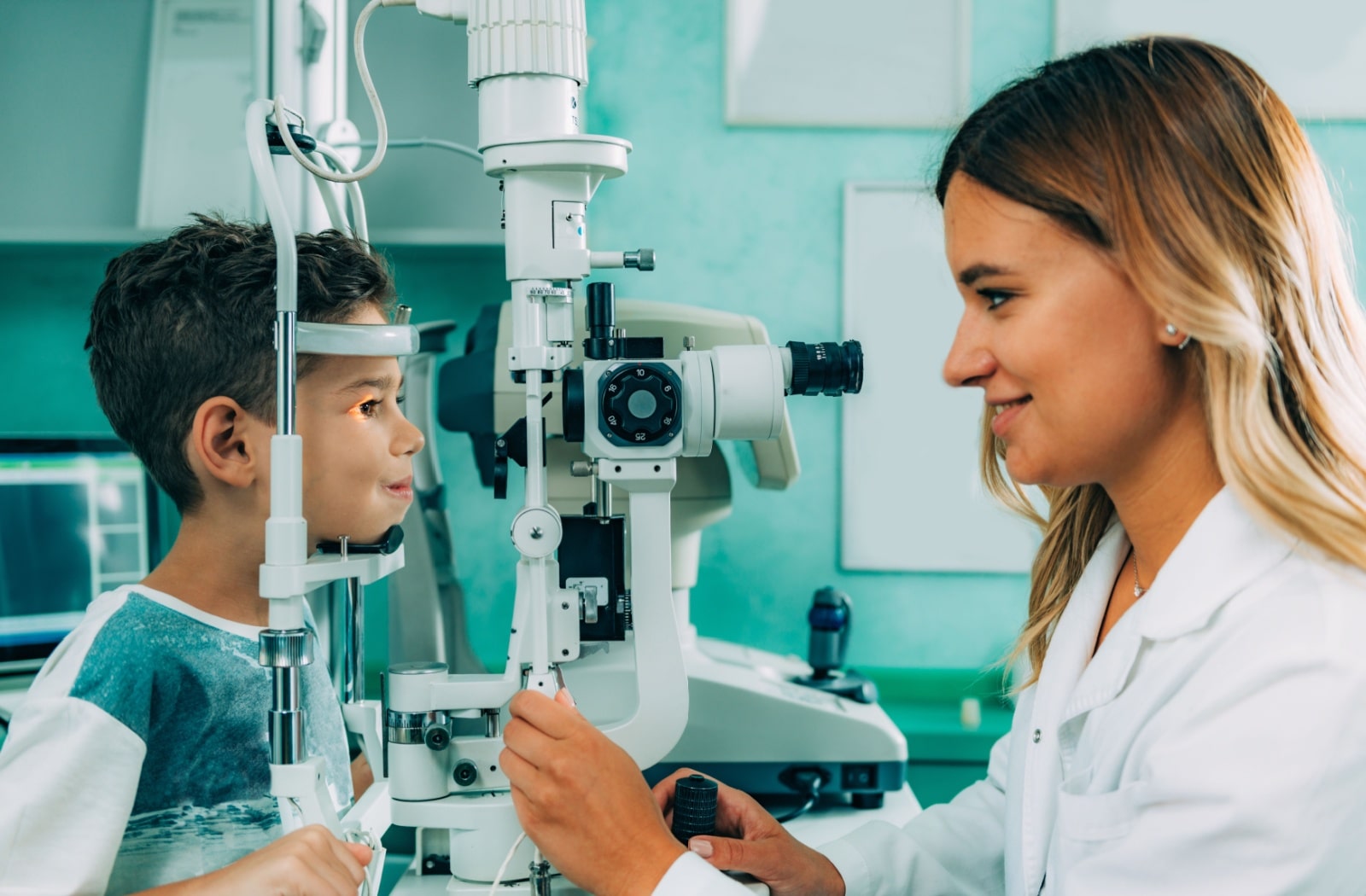Many of us take our vision for granted until something goes wrong. Blurring vision can be troubling and confusing for millions suffering from it. Could dry eye be causing your vision to blur?
Yes, dry eyes can cause blurred vision. What can you do about it? Lakeland Family Eyecare is here to help! We’ll explain the common causes of dry eyes, why you might be experiencing them, and offer suggestions on how to treat them.
What is Dry Eye?
Dry eyes occur when your eyes can’t produce adequate or quality tears. It’s a prevalent condition that can affect anyone. However, it’s more common with age, in women, and certain medical conditions or medications. Here in Canada, dry eyes can affect 30% of our population. That number may be even higher in Alberta’s dry and dusty climate.
How Do I Know If I Have Dry Eye?
Symptoms of dry eye can include:
- A stinging and/or burning sensation
- Stringy mucus around the eyes
- Discomfort wearing contact lenses
- A sensation of something in your eyes
- Redness
- Blurry vision
Can Dry Eye Cause Blurry Vision?
Blurry vision feels like you’ve just opened your eyes underwater. It can feel like a loss of sharpness and an inability to see fine details. You may blink frequently, rub your eyes, or squint to see clearly.
While dry eyes might seem minor, they can impact your vision. When your eyes are dry, the lack of lubrication can lead to patchy tear coverage on the cornea—the clear, dome-shaped surface that covers the eye—resulting in variable light reflection and, thus, blurriness.
While blurry vision doesn’t cause dry eye, they often accompany each other. Some other reasons you might be experiencing blurred vision:
- Refractive errors
- Eye strain or fatigue
- Medications
- Cataracts
- Other ocular diseases
- Other health conditions, like autoimmune disease, diabetes, or hypertension
Regular and comprehensive eye exams are crucial for determining whether or not your blurred vision is from dry eyes, refractive errors like astigmatism, or another eye condition.
How to Treat Dry Eye
Dry eye treatment depends upon your unique history and stage of dry eye. Lakeland Family Eyecare’s dry eye management ranges from simple lifestyle adjustments to in-office treatments, like:
- Artificial tears or lubricating drops: Over-the-counter and prescription options can soothe your symptoms.
- Warm compress: Heat can unblock glands to promote tear production.
- Lid hygiene: Eyelid cleansers can help maintain gland health.
- iLux: This in-office treatment uses heat and gentle massage to open oil glands and restore tear production.
Reducing Blurred Vision
While dry eye treatment can soothe symptoms including blurred vision, remembering to practise good eye health is another way to reduce risk. You can try:
- Blinking more often, particularly when reading or working on screens.
- Increase the humidity: In Alberta’s dry climate, having extra environmental hydration is helpful.
- Stay hydrated: Drink plenty of water throughout the day.
- Wear sunglasses: Protect your eyes and skin from damaging UV rays.
- Rest your eyes: Take breaks from screens and practise the 20:20:20 rule.
Relief from Dry Eye
Dry eye can be irritating and uncomfortable, but there are steps you can take to find relief.
Lifestyle changes can be helpful, such as taking breaks from screens, using a humidifier, and applying warm compresses to your eyelids. If these measures don’t provide enough relief, it is time to contact your eye doctor.
Say Goodbye to Dry Eyes
Remember, don’t ignore the signs. If dry eyes or blurry vision impact your daily life, it’s time to seek help from Lakeland Family Eyecare. Scheduling regular eye exams with us to discuss potential reasons for blurred vision or dry eyes is one step you can take to prioritize your eye health.
